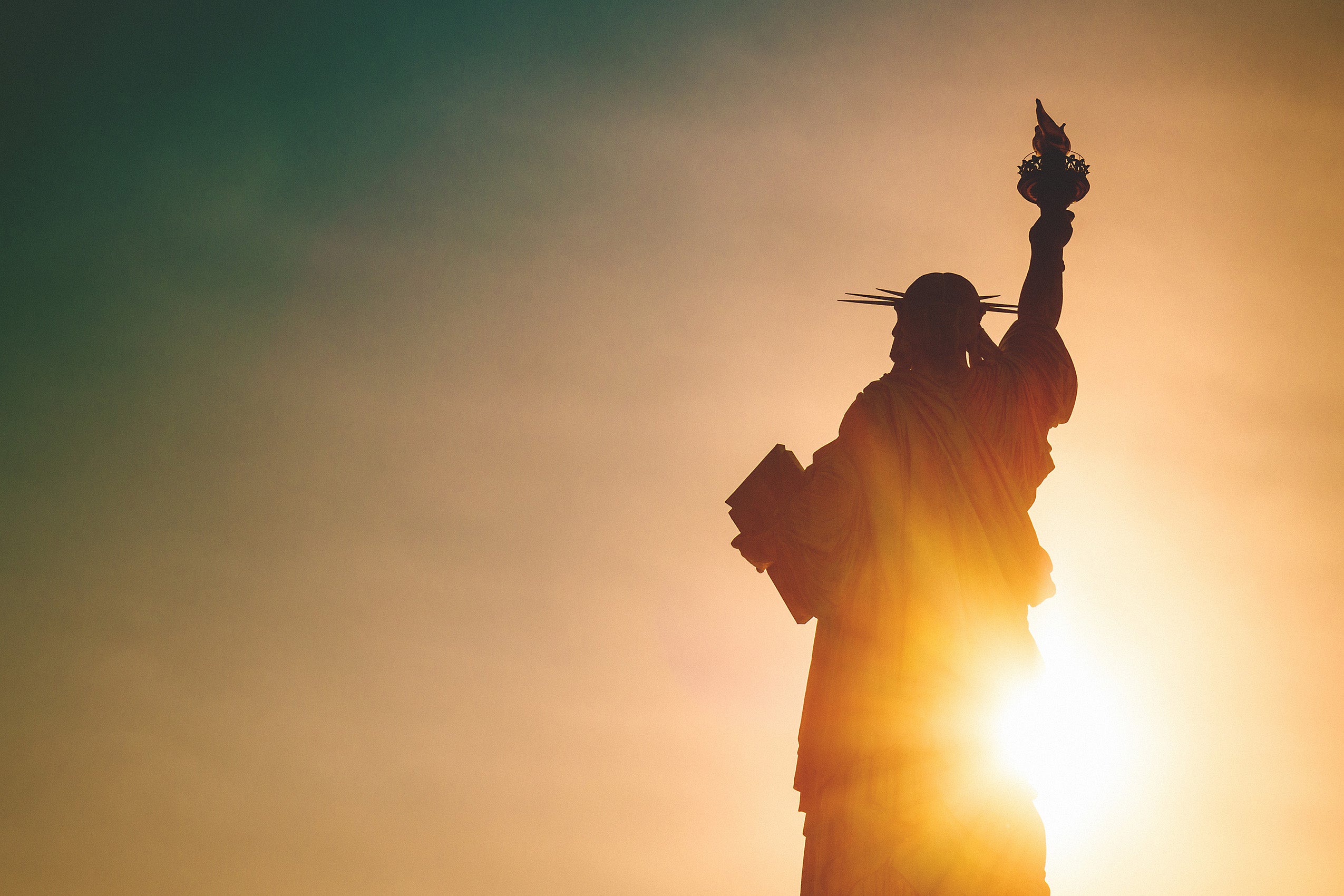The following post from the HLS Office of Clinical and Pro Bono Programs blog is one of a regular series of student accounts of their experiences working with Clinics and Student Practice Organizations (SPOs) at Harvard Law School.
As a first-generation college student, my parents and I, who worked nightshifts as janitors, never dreamed that one day I would attend Harvard Law. As undocumented immigrants living in Los Angeles, our family faced periodic evictions, interactions with the criminal legal system, labor violations, and discrimination without access to legal aid. Throughout my life, and increasingly during 1L, I regularly received frantic phone calls from family members or friends undergoing life-altering challenges including incarceration, deportation, eviction, child custody issues, domestic violence, and police violence. While these experiences were my primary motivation for changing my career from the non-profit world to attend law school, they continue to fuel my involvement in student practice organizations (SPOs) and clinics to develop the necessary legal skills to answer these calls.
To better understand the criminal legal system afflicting folx back home, I joined Harvard Defenders, where we provide representation to people facing criminal show-cause hearings. The Defenders’ community immediately became a home of diverse, radical, and loving people working to counter the weight of the criminal legal system and exploitative social order on low-income, mostly people of color, in Boston. Practically, I learned how to respond to criminal complaints, interview people we serve through an anti-oppressive method, develop case strategy in team meetings, gather evidence, cross-exam police officers, and advocate zealously for our people in court. The stories of the folx we represented – from domestic violence to struggling with drug addiction and mental health to petty larceny – resonated deeply with the people I was trying to help back home. Understanding the limitations of direct representation in addressing systemic violence, I am most excited when our community discusses strategies to address structural oppression afflicting the people we serve, including engaging in community movement lawyering and cultivating an abolitionist politic and practice within and outside of Defenders.
I also joined the HLS Immigration Project (HIP) to develop the capabilities to help people facing ICE persecution, imprisonment, and deportation. I transferred the skills I learned from preparing asylum applications and for bond hearings in immigration detention and removal proceedings to help family and community members fighting deportation. In HIP, I met students and staff devoted to addressing the consequences of global inequality and imperialism that displaces millions of people, and pushes them to migrate through violent borders. I spent my 2018 Spring Break with American Gateways in San Antonio helping people imprisoned in the South Texas Detention Center prepare asylum applications. Our team included some of the most inspiring, critical, and incredible law students at HLS. This experience was life changing because we witnessed the psychological, physical, and emotional abuse that the U.S. immigration system inflicts onto people fleeing violence. For example, as I worked with one of my clients, Melissa, on her asylum application, she shared her frustrations with the U.S immigration system: “I came here because I thought it would be better, I thought they [the immigration judge] would believe me and help. Instead, I am in prison.” On our final day, as we said goodbye and talked about her next steps, we both exchanged tears of pain, power, and hope. She had been fighting tirelessly for decades for herself and daughter to escape abuse. She won many battles but the structural imbalance of power was overwhelming. As I left, she told me that she felt more energized to kept fighting. That night, I wrote in my journal:
“I came to HLS because I thought I could fix it all as easily as I had helped family members in the past. How naïve. Our immigration system is built to undermine and reject basic notions of humanity. People with the audacity to seek a better life, after decades of abuse, are told ‘We don’t believe you’ by administrative judges sitting back in their cushy chairs and folx are sent back where they are certain to undergo similar, if not worse, traumatic experiences. I wonder if what we did was enough. I wonder how we can dream of and actively work toward building a better world.” – March 16, 2018
The impact of my time at HLS has already had ripple effects on those I promised I’d serve because of the skills I gained through SPOs. For example, I helped a family member fight a criminal charge she did not commit after being overcharged and pressured by a district attorney to take a plea. I helped another family member fight an eviction proceeding initiated because of her partner’s undocumented status. While these skills have improved my ability to respond to some of the ongoing calls for help I receive, I remain frustrated at my inability to substantively dismantle systemic causes of these calls. This is why I decided to serve as a student-attorney with the Harvard Legal Aid Bureau (HLAB); to improve my capabilities in providing direct legal aid and to be in community with an inspiring group of brilliant people who are consciously cultivating spaces and practices to address systemic injustices in coalition with the Boston community.
Being involved in SPOs and clinics has not been easy. Those of us involved constantly struggle to grapple with our evolving critical views of social and reparative justice, realities within and outside the criminal and civil legal systems, and strategic visions of how to engage in long-term movement building yet deal with the urgent needs of people we serve and advocate with. Nevertheless, we persist to answer the calls for justice because of our shared prophetic love for the communities we serve.
